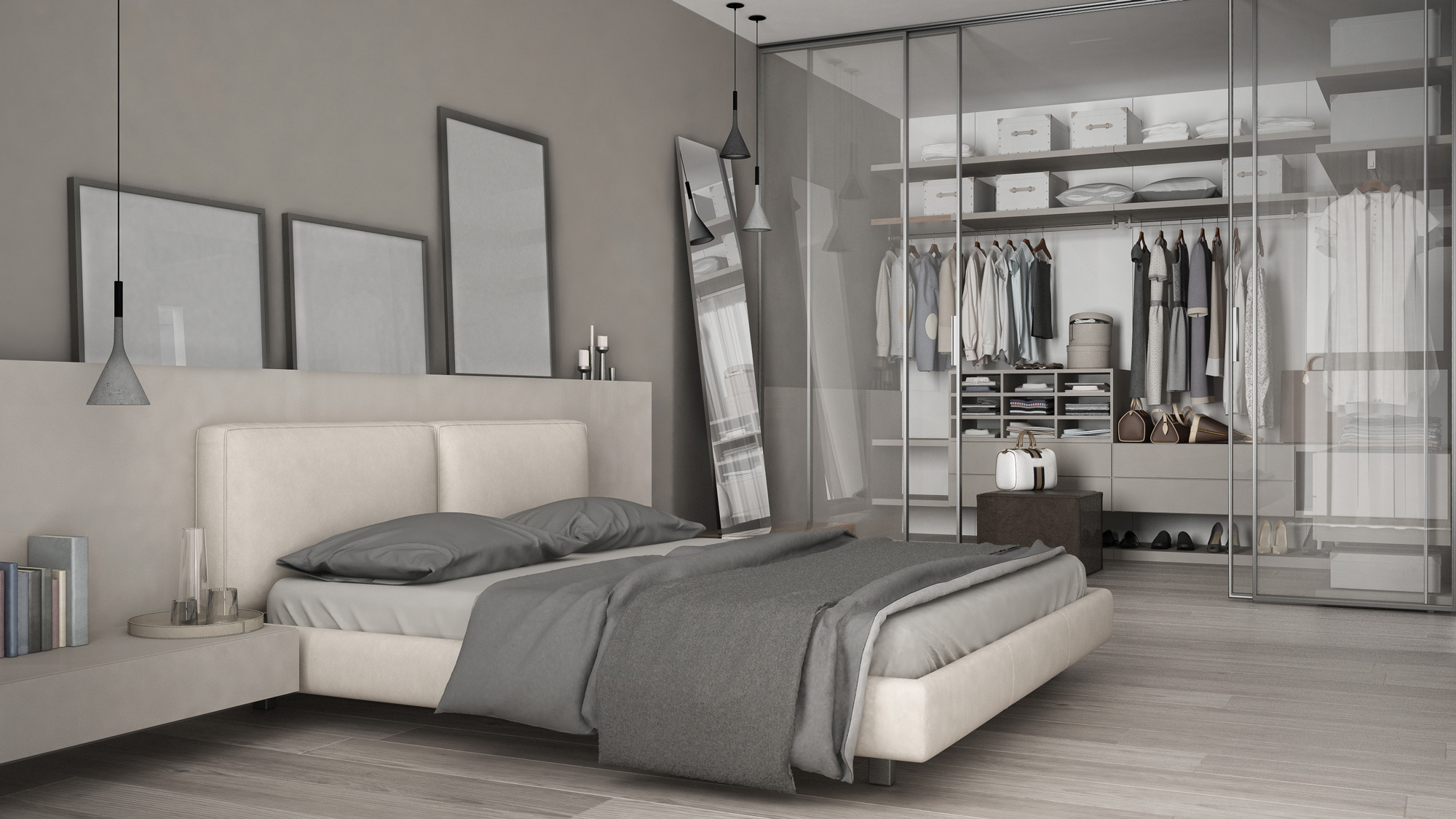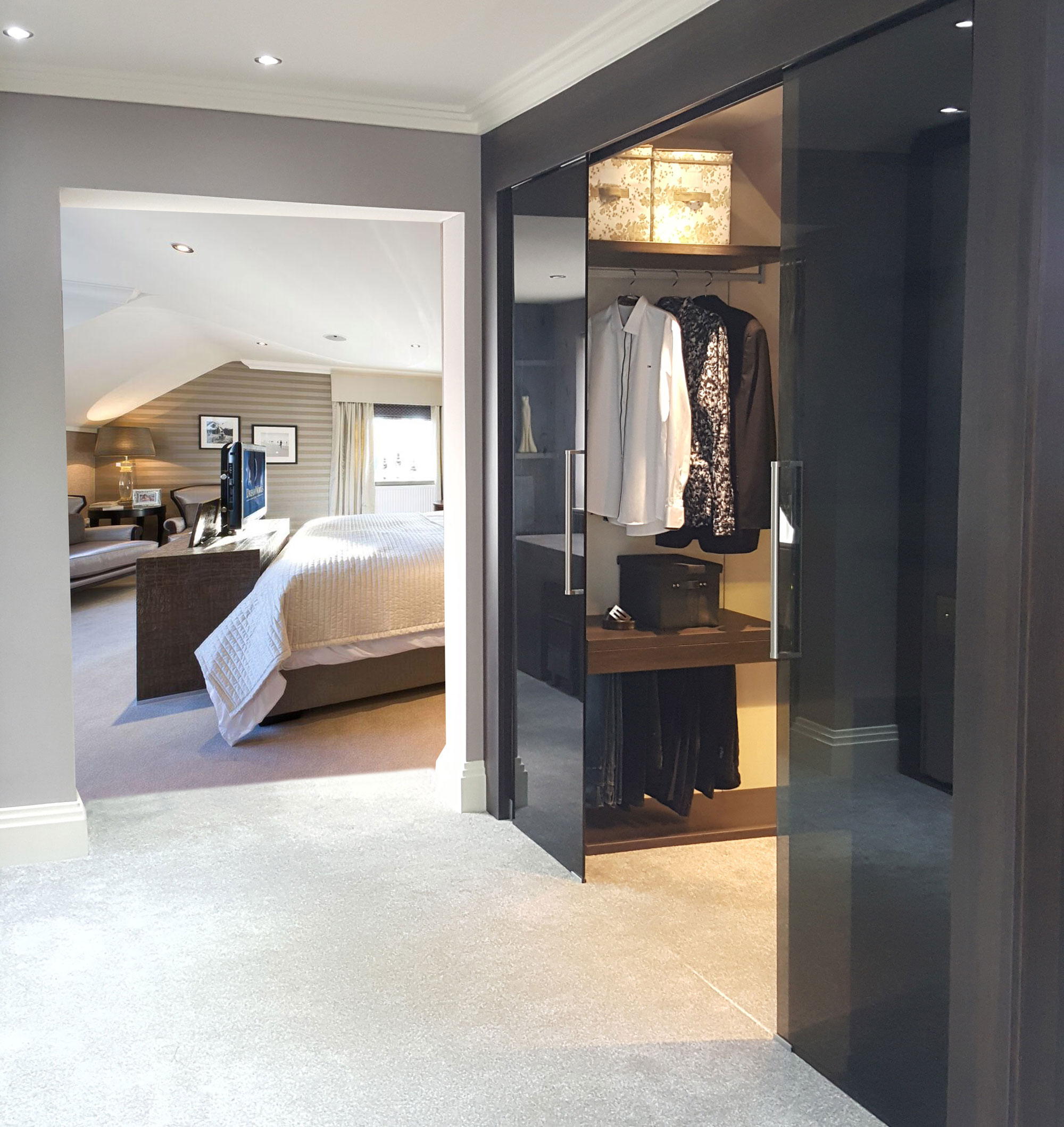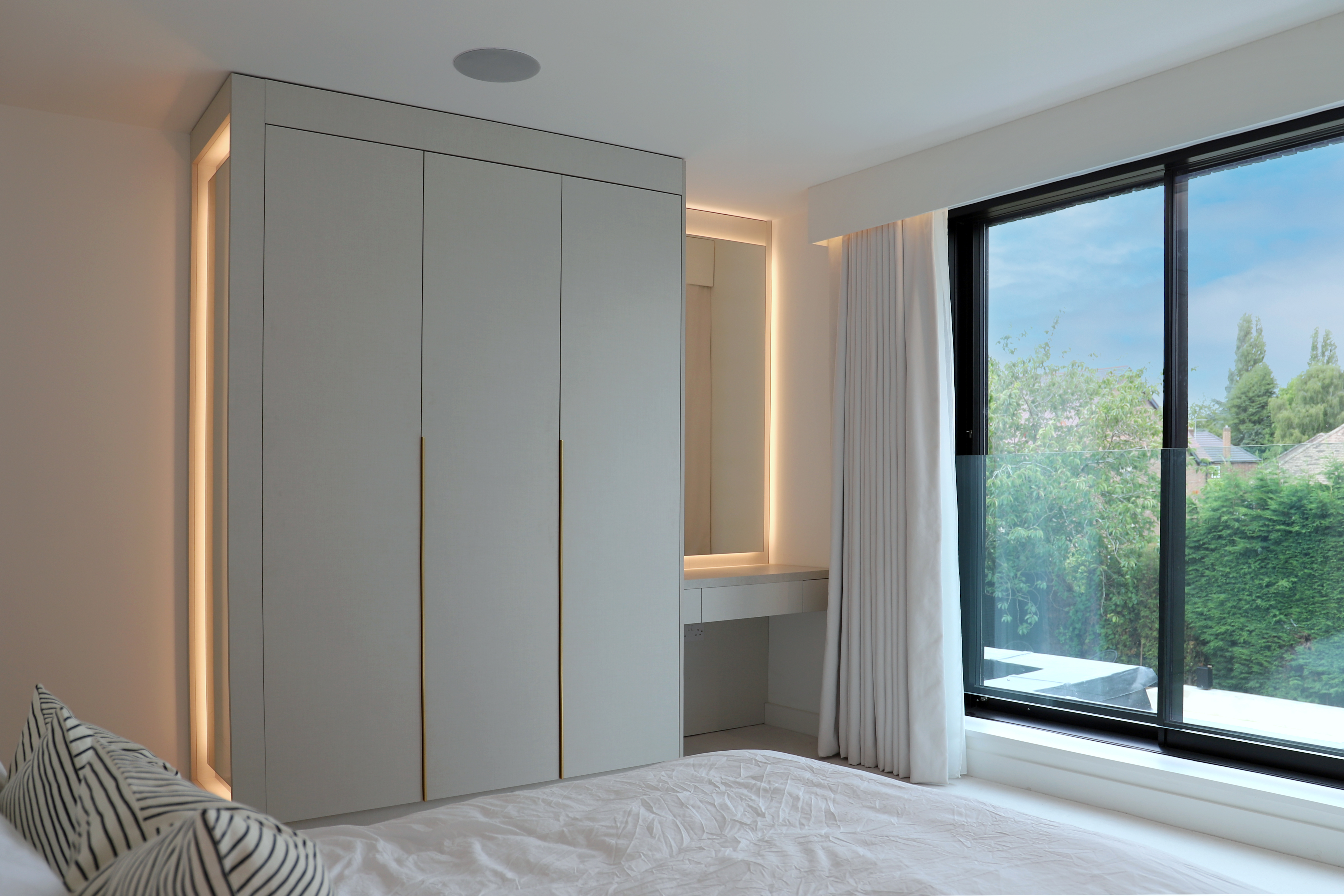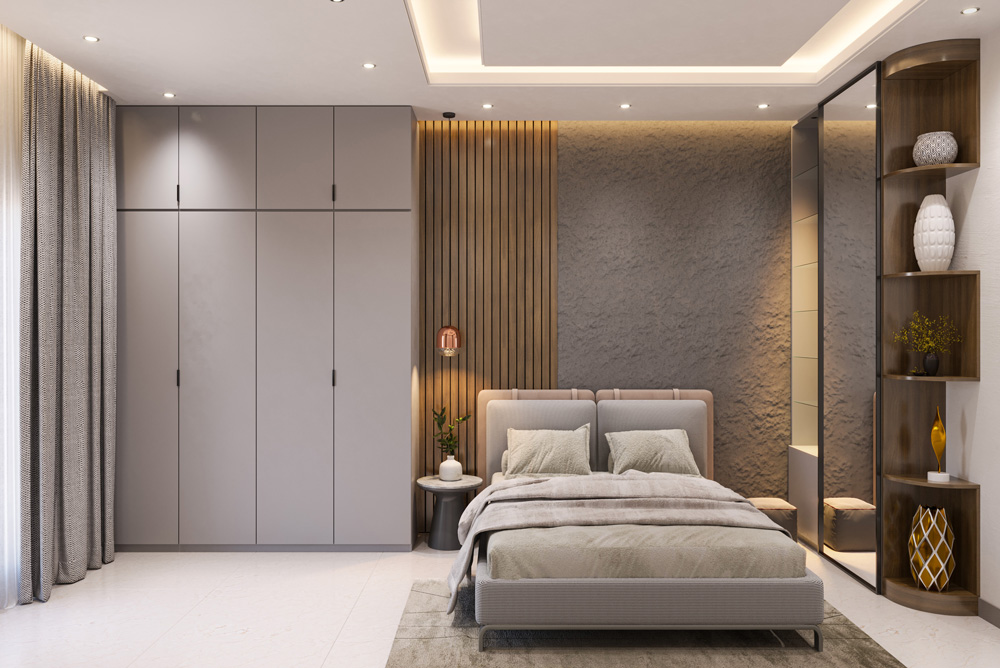In our modern world filled with distractions and stressors, achieving a good night’s sleep can sometimes feel like an elusive dream. However, one often overlooked factor that significantly impacts sleep quality is our physical environment.
For World Sleep Day, we explore the importance of a clutter-free space in promoting restful sleep and provide practical tips for creating a tranquil haven conducive to peaceful slumber.
Understanding the Impact of Clutter on Sleep
Clutter in the bedroom can disrupt our ability to relax and unwind, leading to increased stress and anxiety levels that interfere with sleep. A cluttered environment can also make it challenging to navigate the space, hindering our ability to achieve a sense of calm and serenity necessary for restorative sleep.
Declutter Your Bedroom
Start by decluttering your bedroom to create a serene and inviting sleep environment. Remove items that don’t belong in the bedroom, such as work-related materials, electronics, and excess furniture. Simplify your space by organising belongings into designated storage areas and donating or discarding items you no longer need or use.
Bespoke bedroom furniture can help. It allows you to tailor every aspect of your sleep environment to your unique preferences and needs. By working closely with skilled craftsmen, you can create a sleep space that perfectly matches your needs, promoting deeper and more restful sleep.
Embrace Minimalist Design
Embracing minimalist design principles can help create a sense of tranquillity in your bedroom. Choose furniture and decor with clean lines and simple aesthetics, avoiding excessive ornamentation or cluttered arrangements. Opt for calming colour palettes and natural materials to evoke a sense of harmony and balance in your space.
Fitted or walk-in wardrobes exemplify this ethos, offering sleek and efficient storage solutions that elevate the aesthetic appeal of any bedroom.
Invest in Storage Solutions
Invest in storage solutions that help keep clutter at bay and maximise space in your bedroom. Consider multifunctional furniture pieces with built-in storage, such as ottomans with hidden compartments or bed frames with drawers underneath. Use baskets, bins, and shelves to organise smaller items and maintain a tidy environment.
Embracing minimalist design and investing in storage solutions, particularly through built-in or walk-in wardrobes, can revolutionise your living space and promote a sense of tranquillity and organisation.



Other ways to ensure a good night’s sleep, include:
Create a Relaxing Sleep Sanctuary
Transform your bedroom into a relaxing sleep sanctuary by incorporating elements that promote rest and relaxation. Choose bedding made from soft, breathable fabrics that enhance comfort and encourage restful sleep. Add layers of texture with cosy throws and plush pillows to create a cocoon-like atmosphere.
Limit Electronic Devices
Electronic devices emit blue light that can disrupt your body’s natural sleep-wake cycle and inhibit the production of melatonin, a hormone that regulates sleep. Create a technology-free zone in your bedroom by removing TVs, computers, and smartphones, or at least keeping them out of reach during bedtime hours.
Establish a Bedtime Routine
Establishing a calming bedtime routine signals to your body that it’s time to wind down and prepare for sleep. Engage in relaxing activities such as reading a book, practising gentle yoga or meditation, or taking a warm bath. Dim the lights in the hours leading up to bedtime to cue your body for rest.
Prioritise Sleep Hygiene
In addition to maintaining a clutter-free environment, prioritise sleep hygiene practices that support restful sleep. Keep your bedroom cool, dark, and quiet to create an optimal sleep environment. Invest in blackout curtains or white noise machines if external factors disrupt your sleep.
Creating a restful, clutter-free environment is essential for achieving a good night’s sleep and promoting overall well-being. By decluttering your bedroom, embracing minimalist design, investing in storage solutions, and prioritising sleep hygiene practices, you can create a tranquil haven that fosters restorative sleep and helps you wake up feeling refreshed and rejuvenated each morning.




